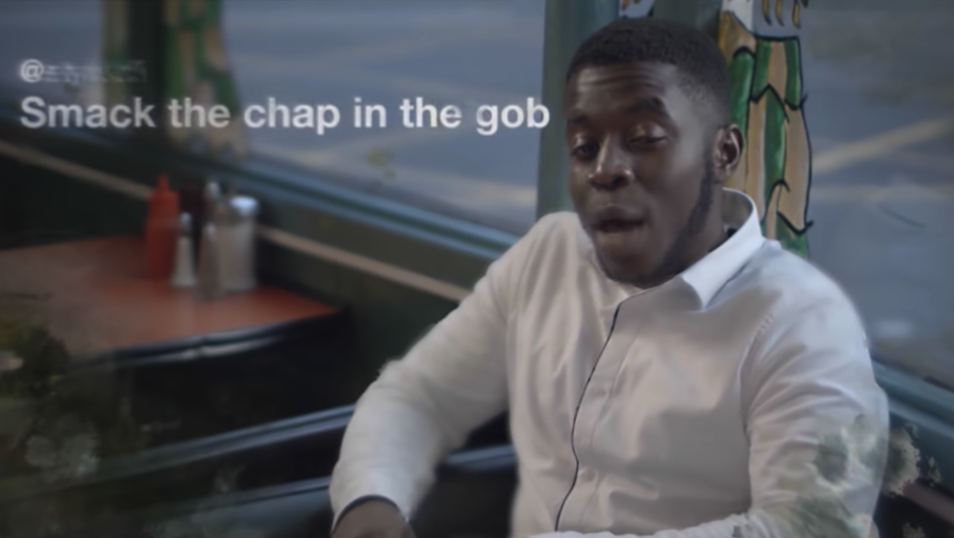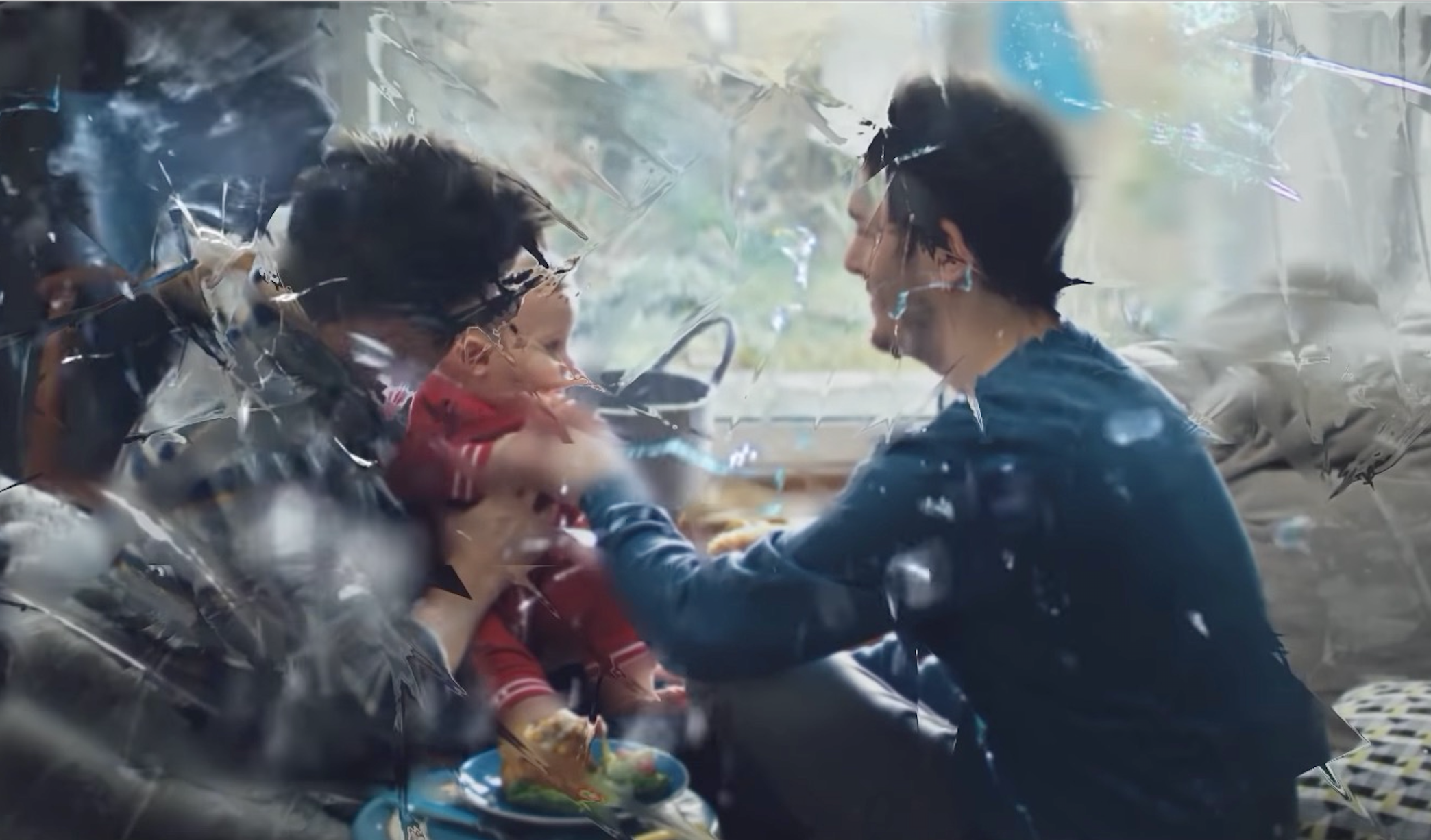Channel 4, along with a host of familiar UK brands, is launching a new campaign to try and stamp out online abuse.
#TogetherAgainstHate, a three and a half minute film which will show at roughly 9.12pm on Friday, September 7, is designed to highlight the shocking abuse received by those in the public eye online.
Familiar adverts from McCain, Nationwide, and Maltesers featuring a diverse range of people, including a gay couple, disability campaigner Samantha Renke and performer Sugar J Poet, will be shown overlain with real examples of abuse flows in on social media.
‘Vile, Threatening and Abusive Comments’
Video Credit: Channel 4
Some commenters say Nationwide’s performance poet looks like a “gorilla”, while another adds “can’t believe nobody has killed that douche”.
“Imagine kids watching this,” is just one of the comments overlaying Samantha Renke’s Malteser advert. “She’s vile,” adds another. “Disgusting freaks, awful.”
As social media has grown in popularity, so too has the environment in which more and more people feel it is acceptable to make vile, threatening and abusive comments.
Matt Salmon, Channel 4
Finally, a gay couple in a McCain’s advert are labelled “degenerate poofs”, “sickening” and “child abuse”.
The channel also references a Cybersmile report from 2017, which says 41 per cent of young adults have seen racist abuse, bullying or harassment online, with a further 37 per cent seeing homophobic abuse online.
Speaking to Campaign about the advert, Matt Salmon from Channel 4 added: “As social media has grown in popularity, so too has the environment in which more and more people feel it is acceptable to make vile, threatening and abusive comments.
“This unique brand collaboration highlights this important issue and demonstrates Channel 4’s commitment to championing diversity beyond our programmes.”
A Growing Problem

Image Credit: Channel 4
While we all have a right to freedom of expression, as protected by the Human Rights Convention, this doesn’t mean we can say whatever we want. Here in the UK both the Public Order Act 1986 and the Criminal Justice and Immigration Act 2008 try to safeguard against homophobic or racist hate speech, something which ties into all of our rights to live our lives freely and without discrimination.
However, digital life has had a huge effect on our human rights, with online abuse a growing problem. While both the Council of Europe and the UN have made it clear that the rights which apply offline must also be protected online, making this a reality has been slightly more problematic.
The head of the Crown Prosecution Service recently announced that online hate crimes will now be treated “as seriously as those committed face to face”, saying that “whether shouted in their face on the street, daubed on their wall or tweeted into their living room, the impact of hateful abuse on a victim can be terrifying”.
What effect this will have in the long term remains to seen, but it will inevitably be a mixture of legislation and positive social campaigns which will start to improve the problem, meaning this campaign is a step in the right direction at least.







